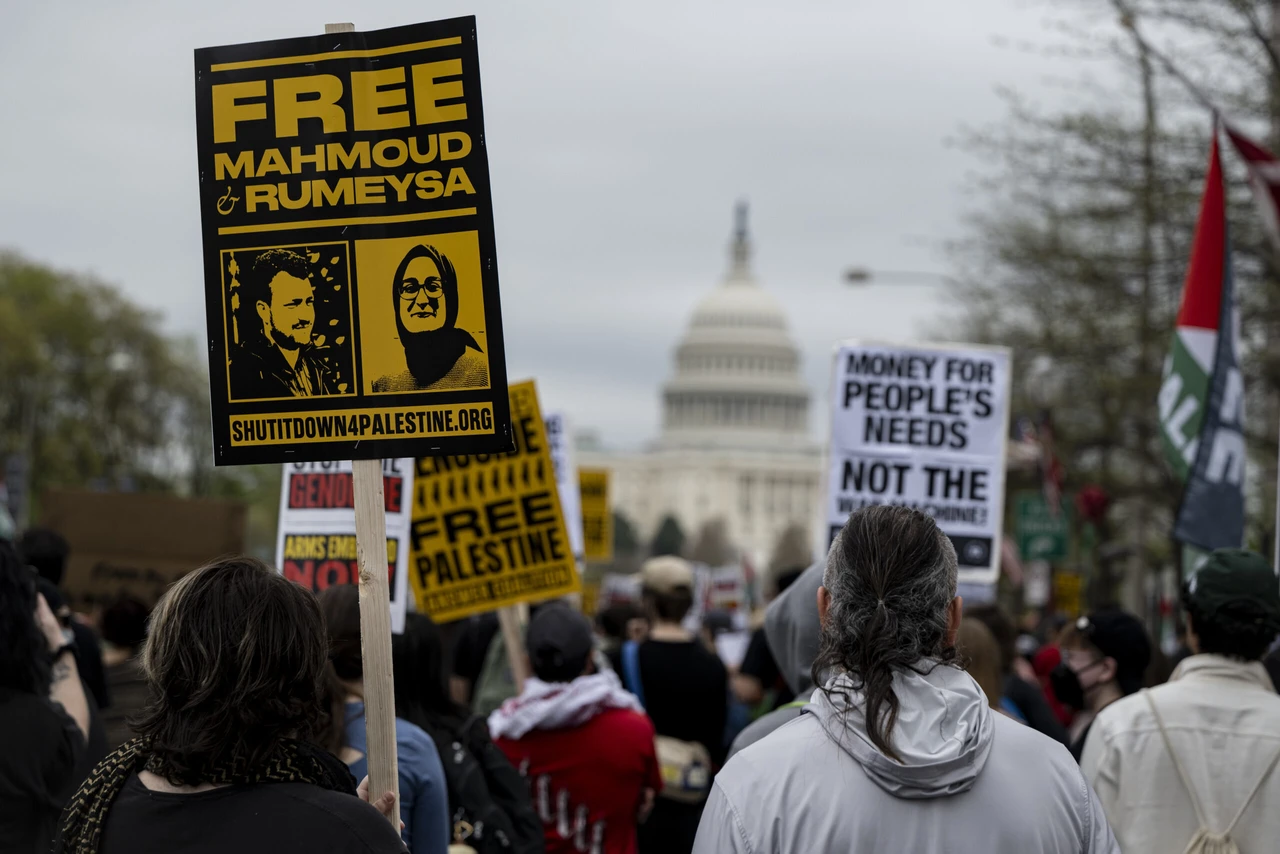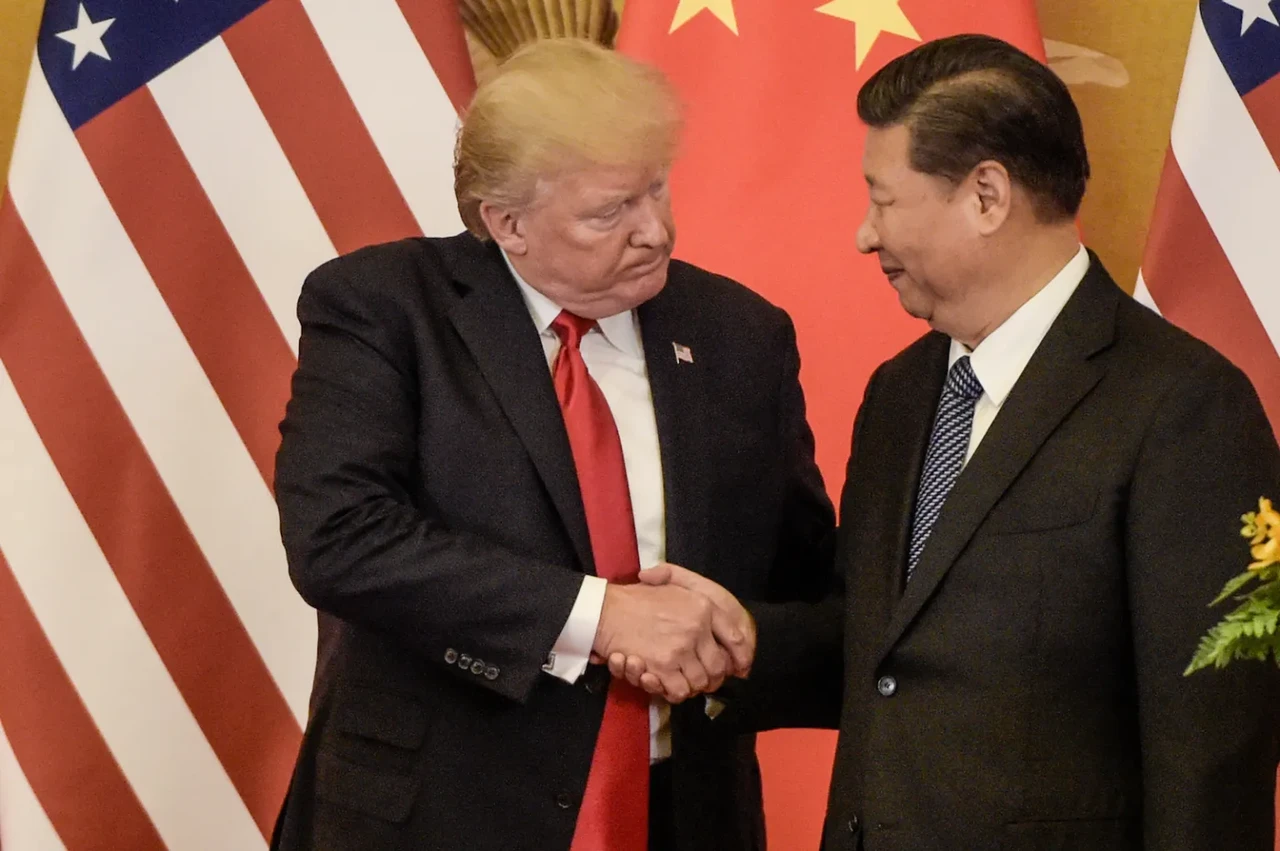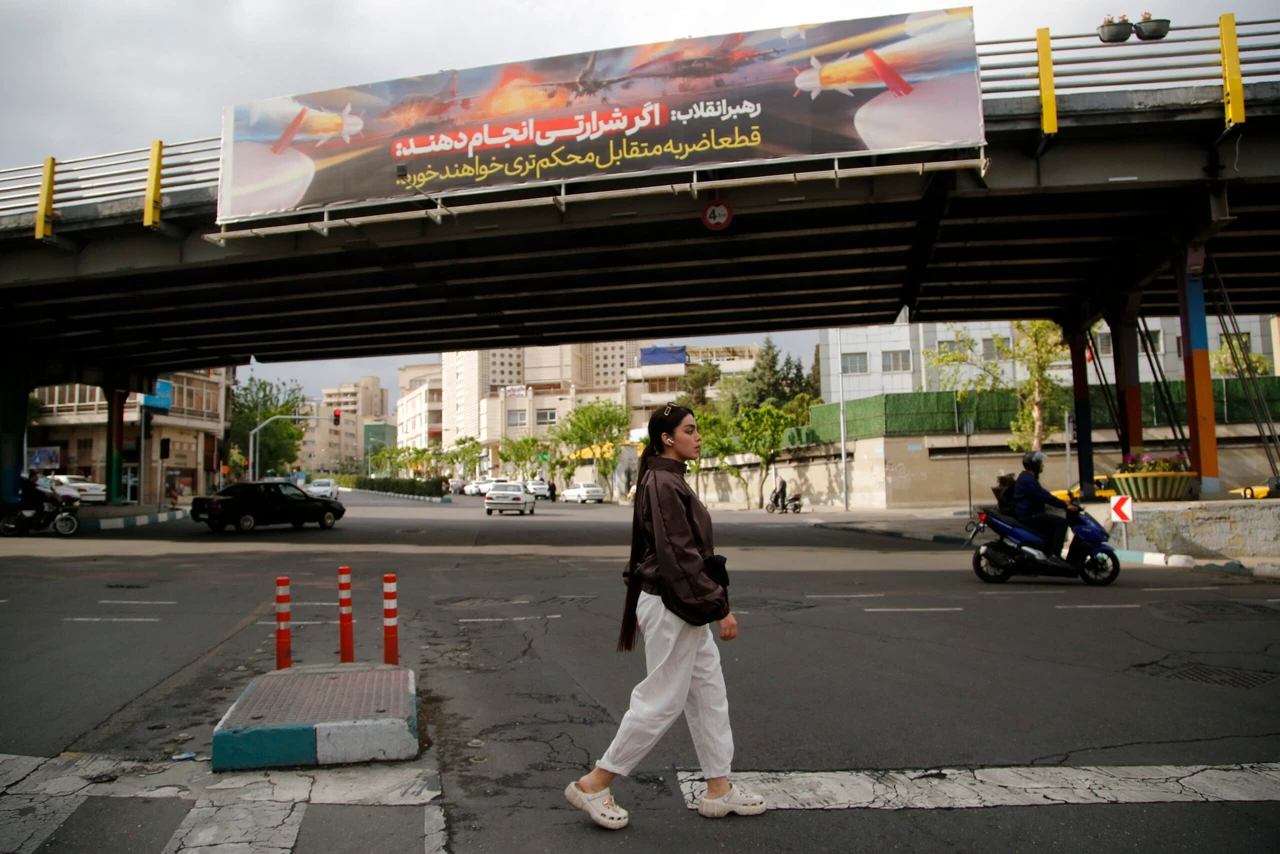Israeli embassies brace for ICC Gaza war crimes warrants
Israeli Foreign Ministry instructs embassies globally to anticipate fallout from potential ICC warrants over Gaza actions
In a statement released Sunday evening, the ministry addressed the speculation surrounding the possibility of ICC arrest warrants targeting “senior Israeli political and military figures.”

Israeli Foreign Minister Israel Katz reportedly instructed all Israeli embassies to immediately prepare for a surge in anti-Semitic and anti-Israeli events amid these rumors.
Katz also directed the involvement of Jewish organizations abroad in readiness for these events, including coordinating security enhancements around Jewish institutions with local authorities.
“We expect the court to refrain from issuing arrest warrants,” said Katz, explaining Israel’s stance.
Netanyahu rejects any decision of the ICC
Israel is apprehensive about arrest warrants being issued against senior military and government leaders, particularly Prime Minister Benjamin Netanyahu, concerning its ongoing operations in the Gaza Strip.
Netanyahu said Friday on the social platform X that Israel “will never accept any attempt by the ICC to undermine its inherent right of self-defense.”
“While the ICC will not affect Israel’s actions, it would set a dangerous precedent,” he wrote.
What is the ICC?
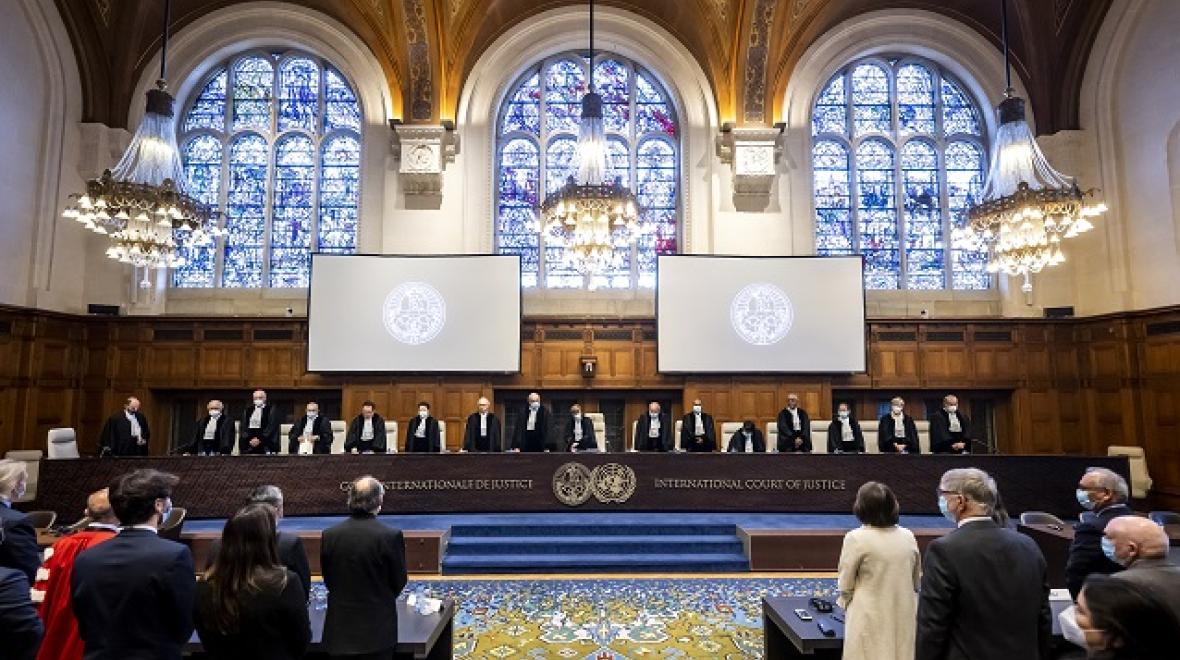
The International Criminal Court (ICC) was established in 2002 as the permanent court of last resort, tasked with prosecuting individuals responsible for egregious atrocities such as war crimes, crimes against humanity, genocide, and crimes of aggression.
The Rome Statute, which created the ICC, was adopted in 1998 and came into force on July 1, 2002, upon receiving 60 ratifications. While the United Nations General Assembly endorses the ICC, it operates independently.
Unlike national courts, the ICC lacks its own police force and thus relies on member states to arrest suspects – a significant hurdle to prosecutions.
With 124 member states signatories to the Rome Statute, many countries, including Israel, the United States, Russia and China, have not signed and do not recognize the court’s jurisdiction over the enumerated crimes.
The ICC intervenes when nations are unable or unwilling to prosecute crimes within their borders. Israel contends it has a functioning court system, sparking debates over a nation’s capacity or willingness to prosecute, leading to disputes between individual countries and the court.
Currently, the ICC has 17 ongoing investigations, has issued 42 arrest warrants, and has apprehended 21 suspects. Its judges have convicted 10 suspects and acquitted four.
Initially criticized for primarily focusing on crimes in Africa – where 10 of its investigations are located – the ICC has broadened its scope, with investigations spanning Asia, Europe, the Middle East, and Latin America.
What is the ICC’s relationship with Israel?
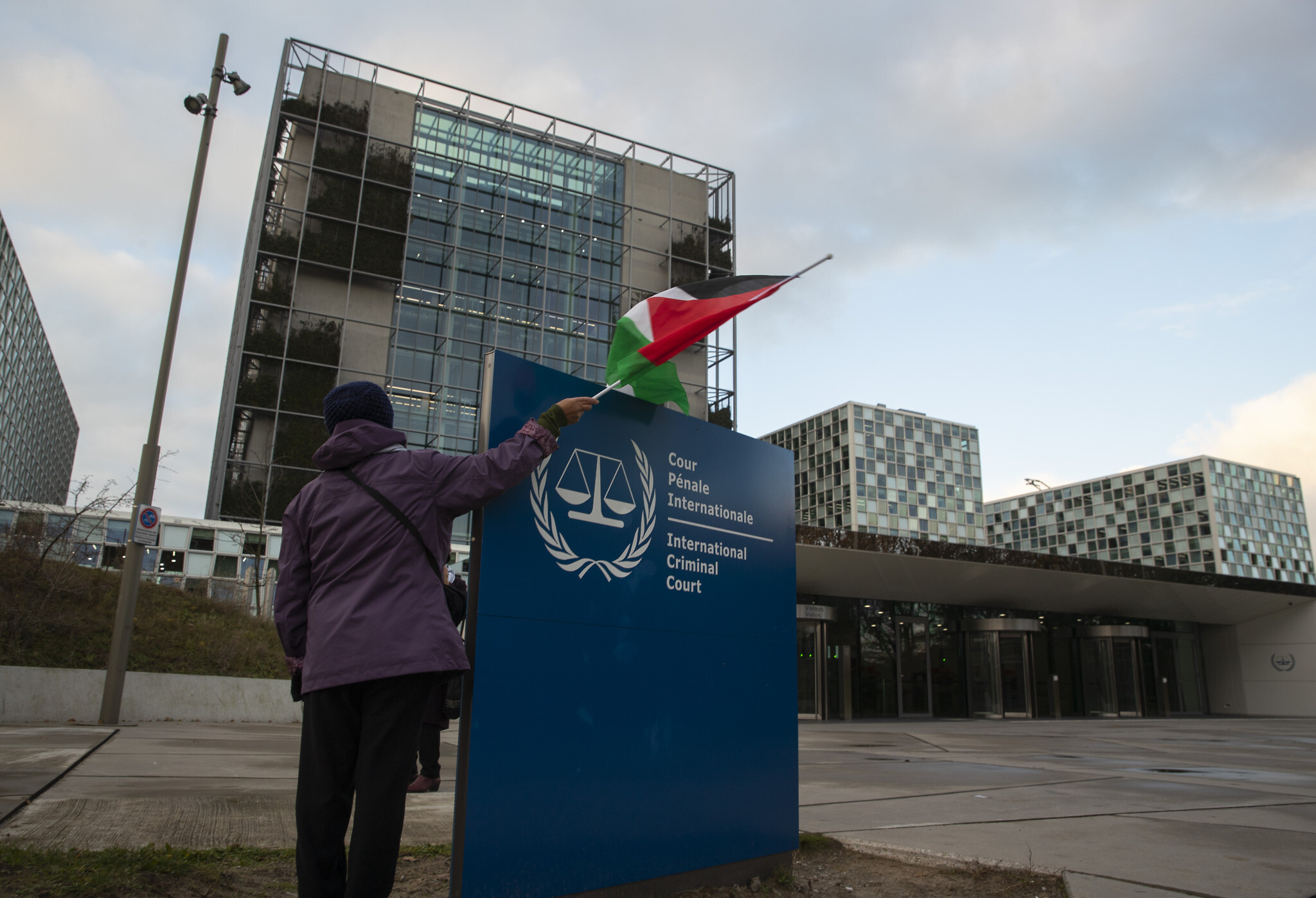
The U.N. General Assembly upgraded the Palestinians’ status in 2012 from a U.N. observer to a non-member observer state, enabling the Palestinian territories to join international organizations, including the ICC.
In 2015, the ICC accepted “The State of Palestine” as a member, a year after the Palestinians accepted the court’s jurisdiction.
In 2021, the court’s chief prosecutor announced the opening of an investigation into potential crimes on Palestinian territory. Israel often accuses the U.N. and international bodies of bias, with Prime Minister Netanyahu criticizing the decision as hypocritical and antisemitic.
Current ICC Prosecutor Karim Khan visited Ramallah and Israel in December, meeting with Palestinian officials and families affected by the Oct. 7 attack that triggered the Israel-Hamas conflict. Khan condemned Hamas’ actions as grave international crimes and called for the immediate release of all hostages.
He emphasized that international humanitarian law must be upheld during the Israel-Hamas conflict and stated that the Israeli military is aware of the applicable laws.
Following his visit, Khan stated that investigating possible crimes by both Hamas militants and Israeli forces is a priority for the ICC.
Who else has ICC charged?

The ICC has charged several high-profile leaders in the past. A notable instance occurred a year ago when the court issued a warrant for Russian President Vladimir Putin, accusing him of responsibility for the abductions of children from Ukraine. In response, Russia issued its own arrest warrants for ICC Prosecutor Karim Khan and ICC judges.
Among other high-profile leaders charged by the ICC is ousted Sudanese strongman Omar al-Bashir, who faced allegations including genocide in the Darfur region of Sudan. Additionally, former Libyan leader Moammar Gadhafi was captured and killed by rebels shortly after the ICC issued a warrant for his arrest on charges related to the brutal suppression of anti-government protests in 2011.
Source: Newsroom
